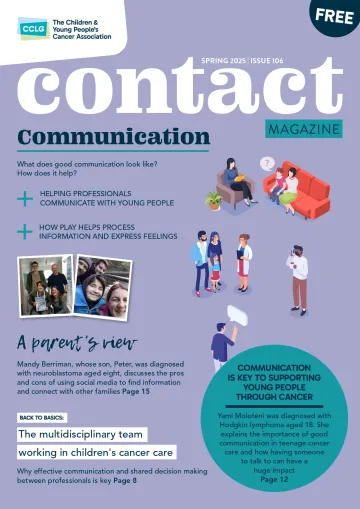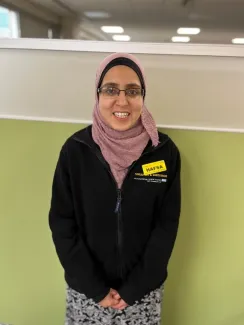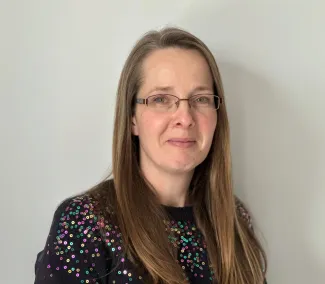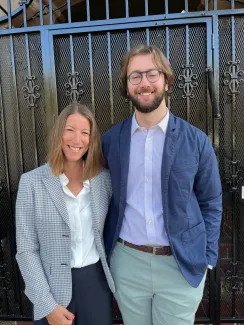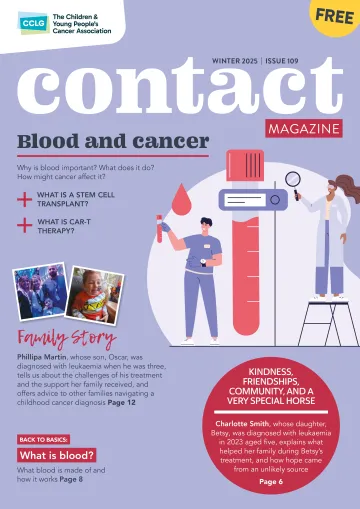How can I prepare for appointments with my child’s doctor or advanced nurse practitioner?
Whenever you attend hospital with your child for an appointment, you’re likely to be in a state of heightened anxiety, so it really helps to prepare. Here are some top tips to get the most from appointments.
Make a note of questions you want to ask
Think about your questions or what you want to say in advance and make a note of them. It’s very common to have a lot of questions at home but only ask a few of them when you’re actually with the nurse or doctor, because of stress and forgetting what you wanted to say. It also happens because there were things worrying you at home that feel ‘silly’ to ask when you get there, or you think the doctor looks too busy today, so you put it off until another time. Please do ask everything you want to ask. Nothing is too silly or too small. Sometimes a thing that seems small to you, might be really important.
Gather information
Check the appointment letter to see if the hospital has asked you to bring anything. Even if it doesn’t ask, it may help to take all your child’s medicines or write a list of them, so you don’t have to remember what your child’s on, and the doses and the frequency. Professionals may ask this for several reasons. It checks that the child is taking what the doctor/nurse thinks has previously been prescribed and the family fully understand the medicines, and whether there have been any dose changes (maybe the child was having side effects, and you called for advice between appointments resulting in a change to medicines).
You’ll be asked about how your child’s been, and you may also be asked if you know what’s coming up in the treatment plan, or whether you’ve received appointments for scans or dates for surgery. It may help to write all the above down before you go, so that you don’t rely on remembering everything.
Prepare your child
Think about how your child likes to manage information. Is it best to tell them a few days before, talk about it, and find out how they’re feeling? Does your child manage better if you tell them just before and give them information as things are happening? You’ll still need to ask them how they're feeling and what they’re thinking to help you support them.
Ask them if they have any questions, too, and as soon as a child’s old enough and especially with teenagers, help them to speak for themselves. They may also have questions they think ‘aren’t worth asking’ but are secretly causing them lots of worry, or they may hide signs and symptoms if they find them embarrassing or if they think it will result in admission.
Your child may have questions they want to ask on their own with the doctor or nurse but feel uncomfortable doing so. If they have contact with their specialist nurse and feel comfortable, they could speak to them or maybe text them their questions before and they can help ask these with your child at the appointment.
If your child’s nearing the age where they’ll be transitioning to teenage and young adult services, there may be a time in the appointment when your child will be seen alone. This can feel strange, but with support from the team, this is an important step for helping to support your child’s confidence and independence.
From Contact magazine issue 106 | Spring 2025

